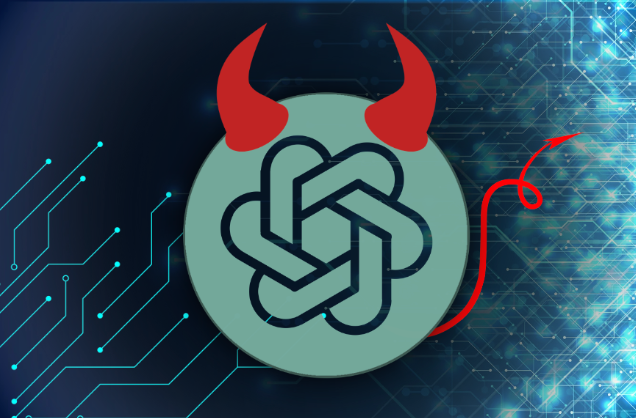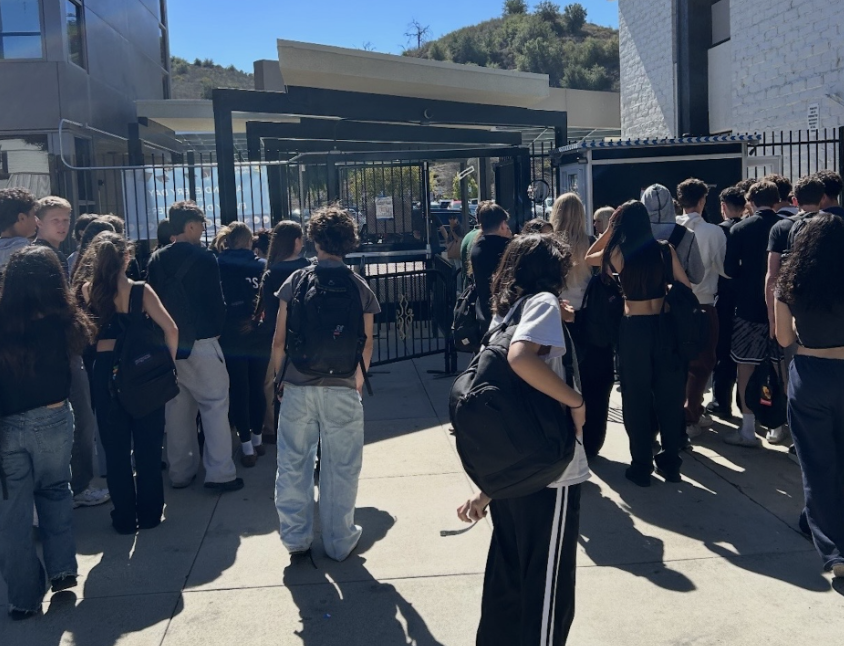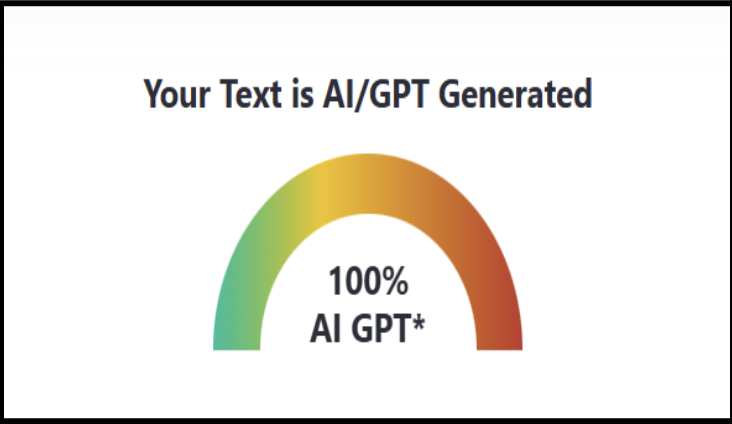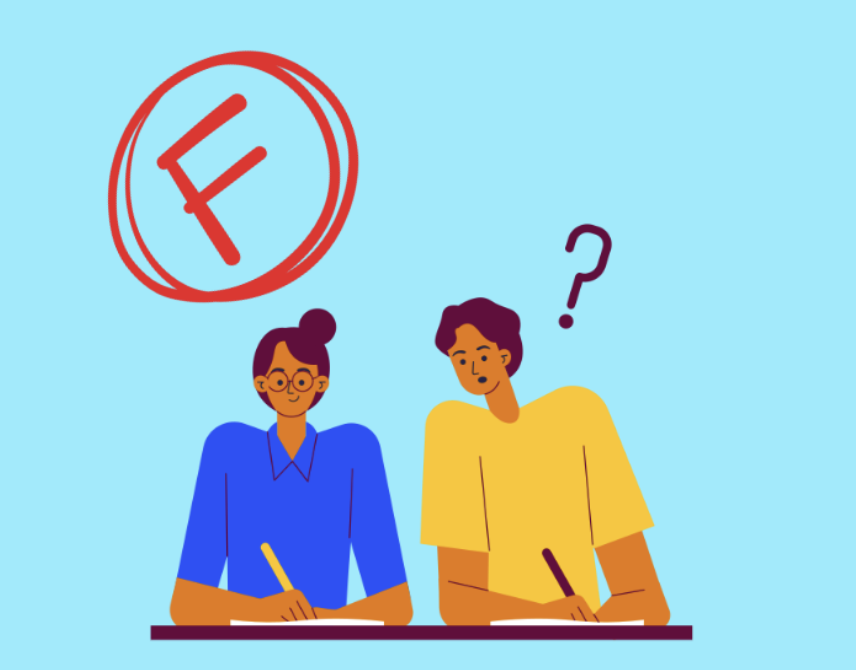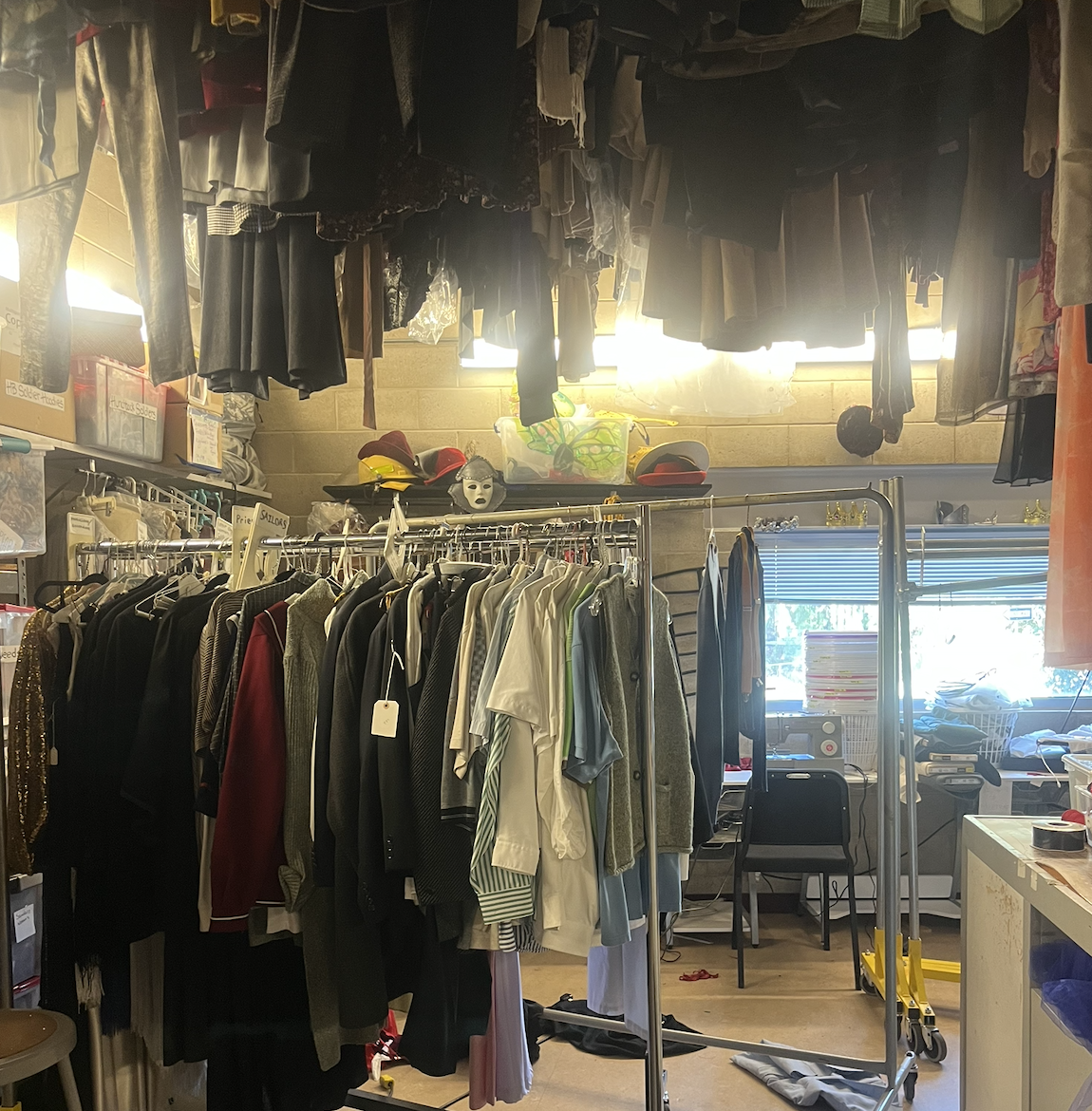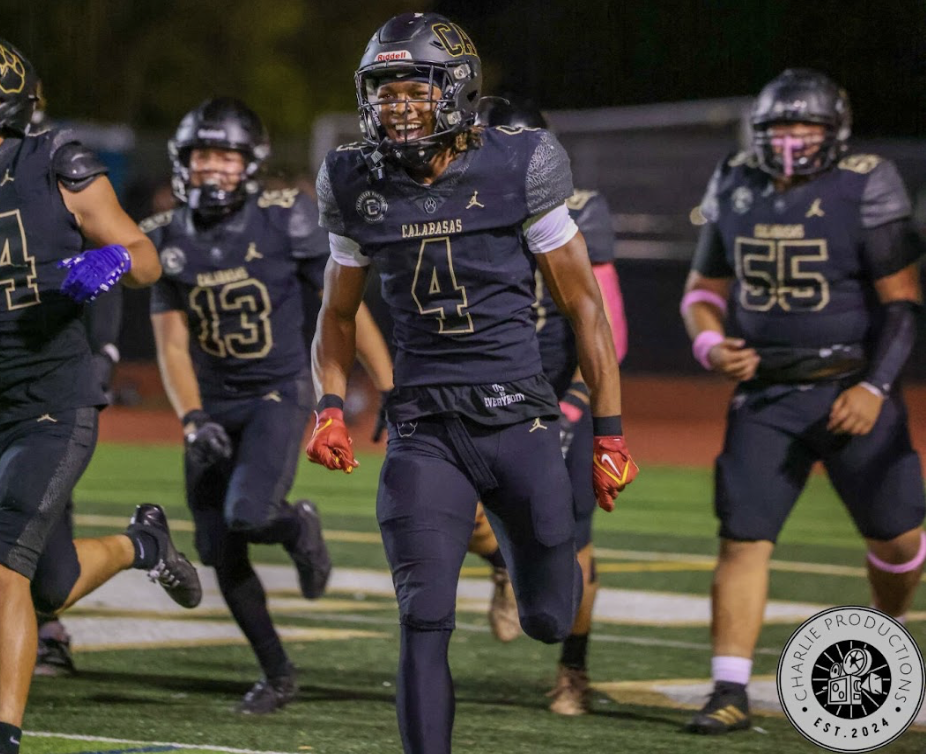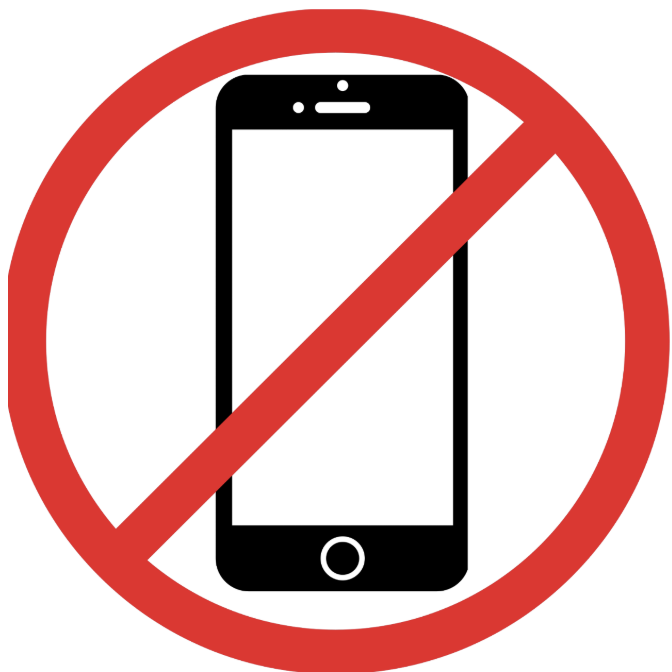The Las Virgenes Unified School District values academic integrity and will not allow any forms of dishonesty or deception that unfairly, improperly or illegally enhances a grade on an individual assignment or a course grade. The District recognizes that students are more inclined to cheat when there is little likelihood of getting caught. Each school shall provide an environment that encourages honesty. Students must know that their teachers will not ignore or condone cheating and that anyone discovered cheating will be penalized. (Board Policy 5131.9)
This LVUSD Board Policy efficiently defines cheating and plagiarism…for 2011, when it was written. But in 2024, when AI is infecting everything from homework to mass media, it is long past time for an update.
The methods of cheating and plagiarism defined as academically dishonest in Board Policy 5131.9, though undoubtedly still used by students today, are largely outdated, particularly as the policy barely even acknowledges the Internet, at all. The only example of cheating that even makes mention of this is C. Having or using a communication device such as a cell phone, pager, PDA or electronic translator to send or obtain unauthorized information. A pager? It is definitely time for an updated policy.
Students using generative AI to write their essays and fill in their homework assignments, need to be on notice and reprimanded accordingly. Copying responses from sites like ChatGPT, even if the information is, in some way, altered by the student, needs to be considered plagiarism.
ChatGPT itself acknowledges that its use can be considered dishonest. When given the prompt “Should using ChatGPT for school assignments be considered plagiarism?” it returned:
Using ChatGPT for school assignments can be considered plagiarism if the work is not properly cited or if it’s presented as the original work of the student without appropriate acknowledgment of the AI’s contribution. If the student relies heavily on ChatGPT’s responses without adding their own analysis, thoughts, or insights, it can be seen as passing off someone else’s work as their own.
However, if ChatGPT is used as a tool for generating ideas, understanding concepts, or getting guidance on a topic, and the student properly credits the AI’s contribution, it may not be considered plagiarism. It’s important for students to understand the ethical guidelines set by their institutions regarding the use of AI tools like ChatGPT and to ensure they’re using them responsibly and ethically.
With all of this in mind, what is LVUSD left to do? Write an AI-based academic honesty policy.
Similar to the CollegeBoard’s 2023-24 Guidance for Artificial Intelligence Tools and Other Services, LVUSD needs to define acceptable uses of AI. Whether this is set out in a replacement or a separate policy from the current Academic Dishonesty policy is up to the district, but regardless of the format, LVUSD needs to address AI use in schools. Just as LVUSD students sign the Academic Honesty and Plagiarism Awareness Contract each year, they should also be required to sign a similar agreement regarding AI. While measures like this may do little to actually deter students from dishonestly using generative AI, just like with the CollegeBoard and CommonApp’s originality attestations, it is still important to give them emphasis.
Further with respect to the CollegeBoard, for example, the 2023-2024 AP Computer Science Principles exam has students write their written responses that were previously turned in with their digital portfolios in person at the end-of-course exam in an attempt to mitigate the use of generative AI in responses. Teachers similarly need to prepare for the everchanging presence and power of AI, adjusting the form of their assignments to remove, as much as possible, the potential for AI use.
Extensions like Draftback should also be provided to teachers so that they can go back through a Google Doc’s history in depth to see what the student typed in themself or pasted in, be it for ChatGPT or another, equally dishonest source. Other measures, such as blocking ChatGPT on LVUSD Wifi, though not completely preventative by any means, could also help limit the improper use of generative AI in classrooms. AI detection software is improving every day, something teachers should also be given premium access to so they can check students’ work. This software is far from definitive, but an AI policy should define probable AI use to cover cases where teachers have ample evidence but cannot definitively prove a student dishonestly used generative AI.
It can be incredibly difficult to definitively prove a student used ChatGPT dishonestly for an assignment. However, that does not mean educators should just throw in the towel and bow down to the inevitable AI overlords. Now is the time to fight back.


